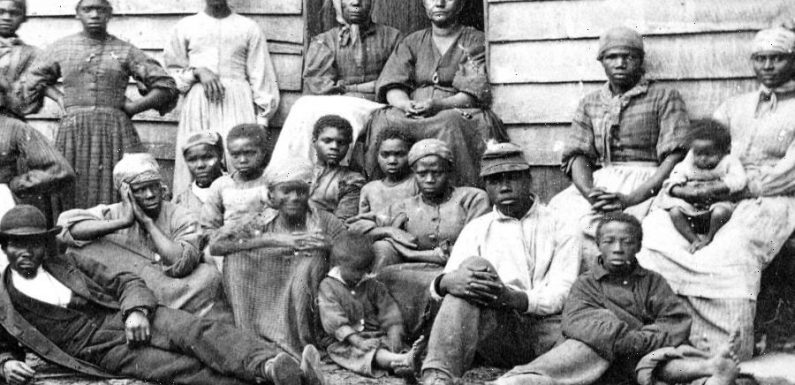
Many of us have heard about the damaging effects of the racial wealth gap between White and Black Americans and how it shows up in everyday life. It’s important to go back to the beginning, though.
Following the emancipation of enslaved Black people in 1863, they received no form of reparative payment for the nearly 250 years of free labor. This immensely impacted the wealth-building opportunities Black communities could’ve tapped into, and one report says the pandemic has set us back even further.
A paper released said that in 2019 Black Americans had one-sixth the riches of White Americans on an average, per capita basis. Economists Ellora Derenoncourt, Chi Hyun Kim, Moritz Kuhn and Moritz Schularick wrote the paper to examine how the tragedies thrust on Black Americans centuries ago are still echoing today.
“The recent role of capital gains in the widening of the racial wealth gap paints a sobering picture for the future of racial wealth convergence,” the authors said. “In the absence of policy interventions or other forces leading to improvements in the relative wealth-accumulating conditions of Black Americans, wealth convergence is not only a distant scenario, but an impossible one.”
Bloomberg points out that the Black American financial soundness would look different if they were a part of major wealth-building opportunities in the past 160 years.
“Even under equal conditions for wealth accumulation after slavery, in other words, identical savings rates and capital gains across the two groups, our convergence model portends a racial wealth gap of 3 to 1 today,” the authors wrote in the paper. “Nevertheless, we argue these approaches are complementary, as policies that redistribute stocks of wealth without addressing racial gaps in savings and capital gains have but a transient effect on the wealth gap.”
Source: Read Full Article